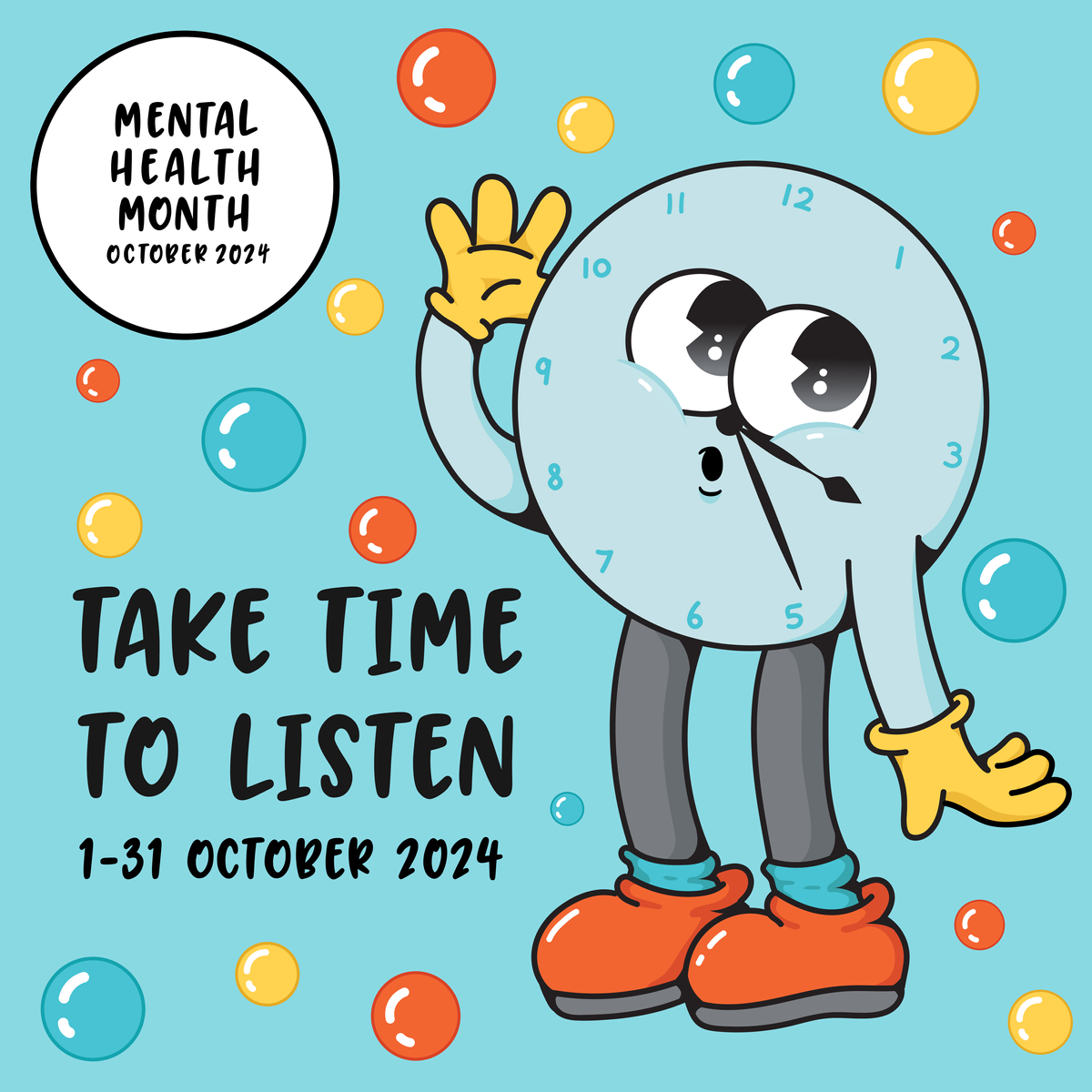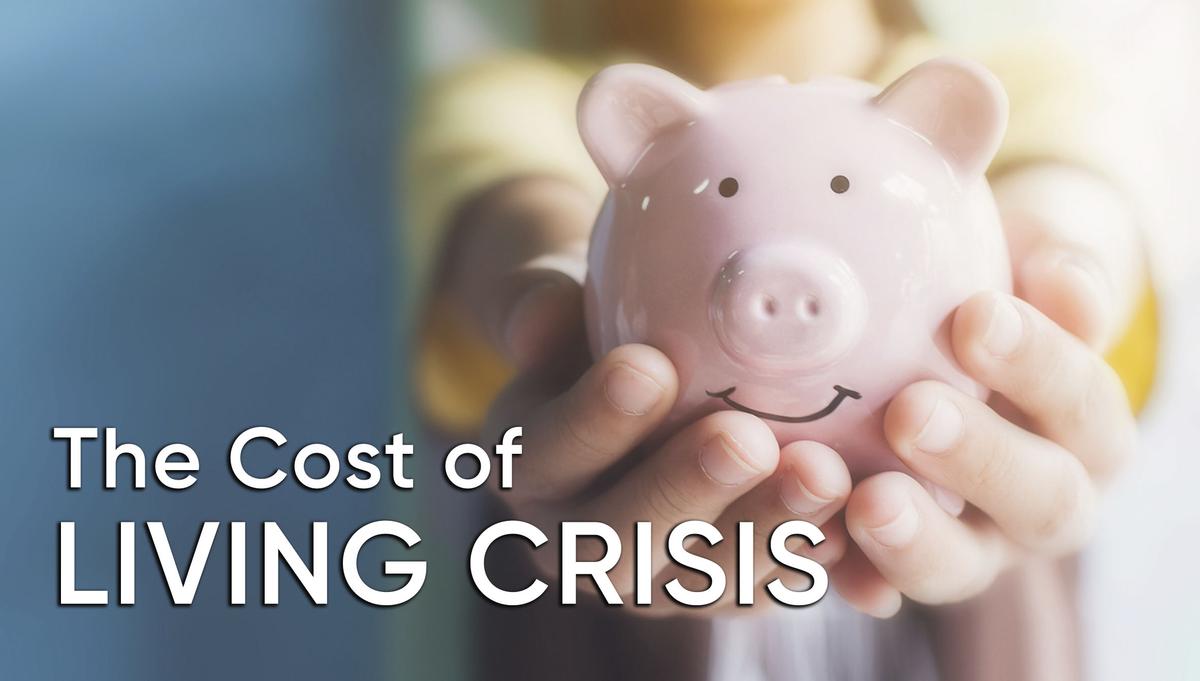Student Wellbeing

RU OK? - Spreading Awareness and Support
On Friday 13 September, we proudly hosted a fantastic RU OK? Day event, where our community came together to promote mental health awareness and encourage meaningful conversations.
We enjoyed a day filled with activities to support and connect with each other, including:
- A delicious free BBQ that brought everyone together.
- Fun face painting and vibrant temporary tattoos.
- A gratitude tree, where students shared what they were thankful for.
- A Supporting Your Friends pledge board, where pledges of kindness and support were made.
- Relaxing garden games that helped everyone unwind.
- RU OK? Day bracelets and stickers to keep the message going beyond the day.
It was a truly uplifting event, filled with conversations, smiles, and a shared commitment to looking out for one another.
A big thank you to everyone who participated, our Student Representative Council who helped organise the event, and made the day so special.
Helping Your Child Through Panic Attacks
As parents, seeing your child experience a panic attack can be incredibly distressing. Panic attacks are sudden episodes of intense fear or anxiety that can cause physical symptoms like a racing heart, shortness of breath, and dizziness. Understanding how to support your child during these moments is crucial for their well-being.
Recognising the Signs
Panic attacks can manifest in various ways, and recognizing the signs is the first step in providing support. Common symptoms include:
- Rapid heartbeat
- Sweating
- Trembling or shaking
- Shortness of breath
- Feelings of choking
- Chest pain
- Nausea
- Dizziness or lightheadedness
- Fear of losing control or “going crazy”
- Fear of dying
Immediate Steps to Take
- Stay Calm: Your calm presence can help reassure your child. Speak in a soothing voice and remind them that they are safe.
- Encourage Deep Breathing: Guide your child to take slow, deep breaths. Breathing exercises can help reduce the intensity of the panic attack.
- Grounding Techniques: Help your child focus on their surroundings. Ask them to describe five things they can see, four things they can touch, three things they can hear, two things they can smell, and one thing they can taste.
- Reassure Them: Let your child know that panic attacks are not life-threatening and that they will pass. Reassure them that you are there to support them.
Long-Term Strategies
- Seek Professional Help: If your child experiences frequent panic attacks, consider consulting a mental health professional. Therapy can provide your child with coping strategies and help address underlying issues.
- Educate Your Child: Teach your child about panic attacks and anxiety. Understanding what is happening can reduce fear and empower them to manage their symptoms.
- Promote a Healthy Lifestyle: Encourage regular physical activity, a balanced diet, and adequate sleep. These factors can significantly impact mental health.
- Create a Supportive Environment: Foster open communication and let your child know they can talk to you about their feelings without judgment.
Resources for Support
- Beyond Blue: Offers resources and support for anxiety and panic attacks. Visit Beyond Blue or call 1300 22 4636.
- Kids Helpline: Provides free, confidential counseling for young people. Visit Kids Helpline or call 1800 55 1800.
- Headspace: Focuses on mental health support for young people. Visit Headspace or call 1800 650 890.
Supporting a child through panic attacks requires patience, understanding, and the right strategies. By staying calm, providing reassurance, and seeking professional help when needed, you can help your child navigate these challenging moments. Remember, you are not alone, and there are resources available to support both you and your child.
Boxing Brothers
In term 3, 14 students were involved in the boxing program at the school run by Michael from Boxing Brothers.
Through an online format that included fitness and technique sessions coupled with small group coaching sessions from Michael, students were actively engaged in their own fitness goals, boxing techniques, and high-intensity boxing sessions within small groups over a 6-week period.
Key Takeaways:
- Building Resilience and Perseverance: Students learned to push through challenges, especially with their fitness.
- Learning Discipline and Self-Control: The program emphasized the importance of discipline and self-control in mastering boxing skills.
- Developing Versatile Skill Sets: Students built on certain skill sets that they can now add to their own toolbox of skills, applicable to other areas of interest both in and outside of school.
These experiences have provided students with real-life skills to apply to a variety of situations they face each day. Well done to everyone involved.
October is Mental Health Awareness Month
As the leaves change colour and the air turns crisp, October brings with it an important reminder: it’s Mental Health Awareness Month. This month is dedicated to raising awareness about mental health issues, reducing stigma, and promoting the importance of mental well-being.
Understanding Mental Health
Mental health encompasses our emotional, psychological, and social well-being. It affects how we think, feel, and act, influencing how we handle stress, relate to others, and make choices. Positive mental health is important at every stage of life, from childhood and adolescence through adulthood.
Breaking the Stigma
One of the biggest challenges in mental health is the stigma that surrounds it. Many people feel ashamed or embarrassed to talk about their mental health struggles. This stigma can prevent individuals from seeking the help they need. By openly discussing mental health, we can create a more supportive and understanding community.
How You Can Help
- Educate Yourself and Others: Learn about mental health issues and share this knowledge with friends and family. Understanding the signs and symptoms can help in early identification and intervention.
- Be Supportive: If someone confides in you about their mental health, listen without judgment. Offer your support and encourage them to seek professional help if needed.
- Promote Self-Care: Encourage practices that promote mental well-being, such as regular exercise, healthy eating, adequate sleep, and mindfulness activities like meditation or yoga.
- Advocate for Change: Support policies and initiatives that promote mental health awareness and access to mental health services.
Resources
There are many resources available for those seeking help or wanting to learn more about mental health:
- Head to Health: A comprehensive resource that connects Australians to mental health services and support. Visit Head to Health or call 1800 595 2121.
- Beyond Blue: Provides information and support to help everyone in Australia achieve their best possible mental health. Visit Beyond Blue or call 1300 22 46362.
- Lifeline: Offers 24/7 crisis support and suicide prevention services. Visit Lifeline or call 13 11 143.
- Black Dog Institute: Focuses on the diagnosis, treatment, and prevention of mood disorders such as depression and bipolar disorder. Visit Black Dog Institute4.
- Kids Helpline: A free, private, and confidential 24/7 phone and online counseling service for young people aged 5 to 25. Visit Kids Helpline or call 1800 55 18002.
Final Thoughts
Mental Health Awareness Month is a time to reflect on our own mental health and the mental health of those around us. By fostering a culture of openness and support, we can help ensure that everyone has the opportunity to thrive. Let’s use this month to start conversations, share resources, and make mental health a priority.
Remember, it’s okay to not be okay. Seeking help is a sign of strength, not weakness.
The Cost-of-Living Crisis
In our ever-changing economic landscape, parents and caregivers are increasingly faced with the task of broaching the subject of growing expenses with their children. While the instinct may be to shield young people from life’s challenges, there's a growing belief that addressing real-world issues, including financial uncertainties, can actually foster resilience and understanding. Striking a balance between protection and education is crucial for those looking to empower their children.
To effectively introduce the topic of finances, we need to be mindful of the timing and setting of the conversation. Using straightforward, age-appropriate language helps maintain transparency, and openly discussing adjustments to the family budget can carry significant weight.
By encouraging children to participate in finding creative ways to save and make thoughtful spending choices, parents can nurture a sense of responsibility.
The special report, https://aphs.sa.schooltv.me/wellbeing_news/special-report-cost-living-crisis-au offers a valuable opportunity to enhance children's financial literacy, equipping them with the resilience needed to thrive in an increasingly complex world.






